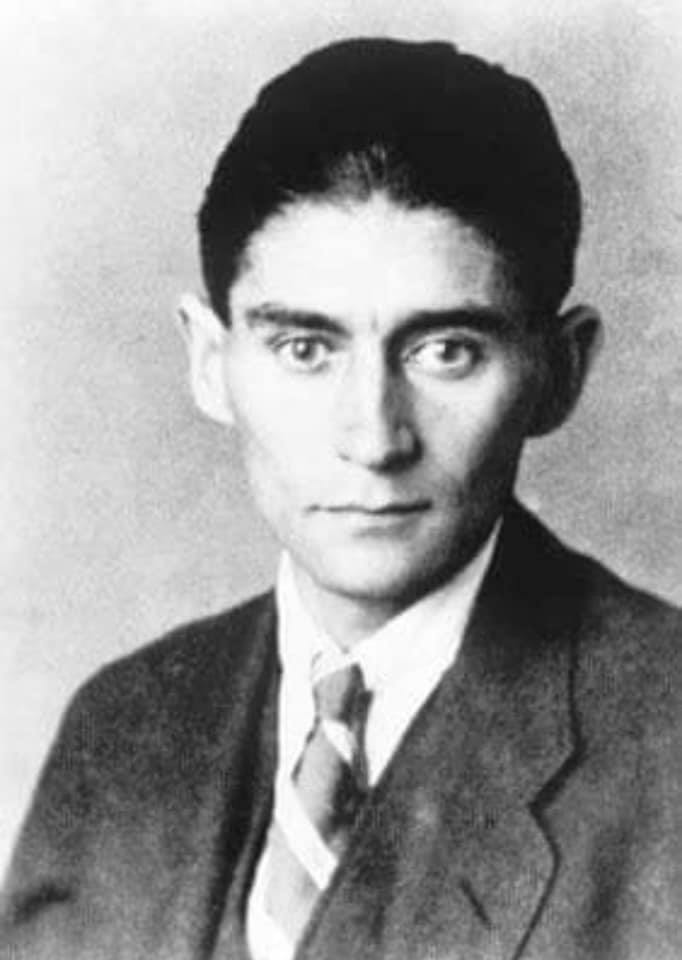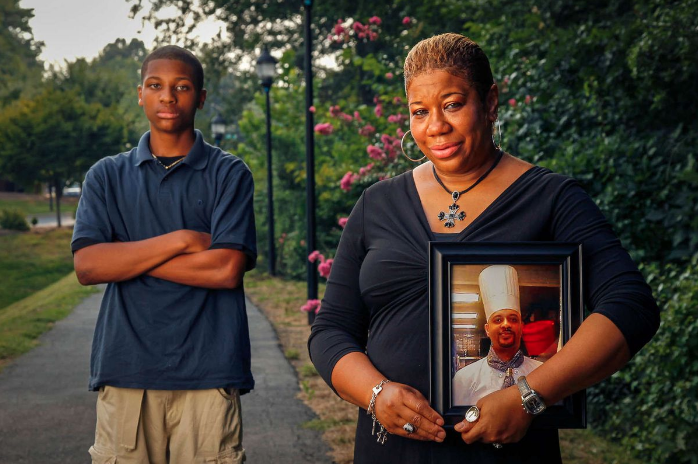
At the age of 40, Franz Kafka (1883-1924), who was never married and had no children, was walking through the park in Berlin, when he met a little girl who was crying because she had lost her favorite doll. She and Kafka searched for the doll without success. Kafka told her to meet the next day to look for the doll together.
The next day, when the doll had not yet been found, Kafka gave the girl a “written” doll letter that said, “Please don’t cry. I went on a journey to see the world. I will write to you about my adventures.” Thus began a story that continued until the end of Kafka’s life.
During their meetings, Kafka read the doll’s carefully written letters with adventures and conversations that the girl found adorable. Finally, Kafka brought the doll (bought one) that had returned to Berlin. “It doesn’t look like my doll at all,” the girl said. Kafka handed her another letter in which the doll wrote, “My travels have changed me.” The girl hugged the new doll and happily took her home.
A year later, Kafka died. Many years later, the girl, now an adult, found a letter inside the doll. In the tiny letter signed by Kafka it was written: “Everything you love will probably be lost, but, in the end, love will return in a different way.”



